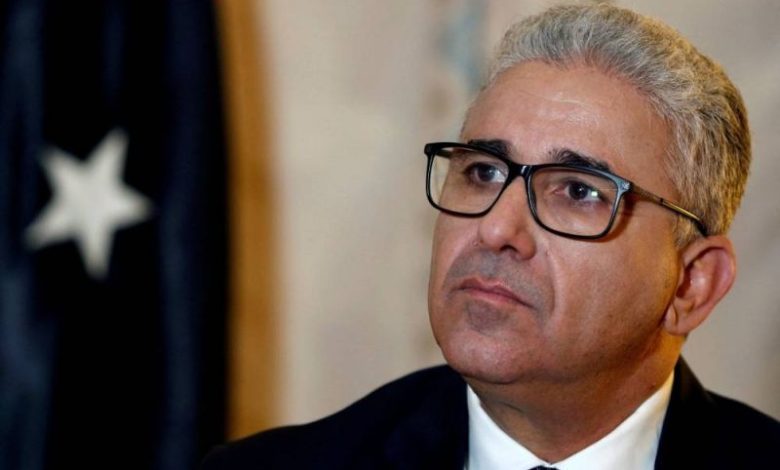Libyan citizens: We don’t trust Fathi Bashagha’s government

The Muslim Brotherhood in Libya continues to block the announcement of the formation of the new government. The organization’s leaders have instructed extremist organizations and armed militias to besiege the headquarters of official institutions in the capital Tripoli and to continue supporting the current Prime Minister, Abdul Hamid Dbeibeh, despite the withdrawal of confidence in the parliament.
Although Prime Minister-designate Fathi Bashagha is promulgating himself as an agent for the formation of the government, the Brotherhood’s plan carries its mark, prolonging the crisis, and Libyans are demanding a new nomination by the Libyan parliament to replace Bashagha and Dbeibeh.
The crisis has dragged on
Mohammed Abu Zeid, a 35-year-old Libyan, said prolonging the political conflict over the formation of the government has a negative impact on living and managing citizens’ businesses, as many issues of social and living concern are unresolved.
He added: “We desperately need to speed up the formation of the government, to start the parliamentary elections to end the political conflict which has existed for 11 years”. He pointed out that the best solution is to put the name of an alternative for Bashagha to vote on it so that the disagreement can be finally resolved.
We don’t trust Bashagha
Nowar Fateh, a 40-year-old Libyan writer, said many Libyans do not trust the handover of power to Bashagha, especially amid concerns about the integration of armed Libyan militias into the Ministry of Interior.
She said: ‘We have been fed up over the past years by the militias, especially in Tripoli, and by the extension of their influence in all areas of life”, stressing that the return of militias to Bashagha is strongly on the table, placing women at the forefront among the terrorists.
Brotherhood escalation of government formation
After the escalation of the Libyan Muslim Brotherhood and their coup against the parliament’s plan, and amid the movement of armed militias, the United Nations sent an urgent message to all parties in Libya.
In a series of tweets posted on her official Twitter account, UN envoy Stephanie Williams urged all parties to refrain from using violence and threats of violence, and to stop the circulation of hate speech and incitement.
During her meeting yesterday in the capital Tripoli with a group of participants in the Meeting of Peacemakers held recently in the Tunisian capital, the UN envoy said: “There is a need to redouble efforts to promote national reconciliation”, the paper said, stressing the need to maintain calm on the ground, Africa Portal reported.
Williams stressed that all parties must refrain from the use of violence and threats of violence and put an end to the circulation of hate speech and incitement. Last week, the head of Libya’s Supreme Council of State, the Muslim Brotherhood, Khalid al-Mishri, said in a brief statement that the decision of the House of Representatives to appoint a new prime minister before holding a formal session of the Supreme Council is an unsound measure that does not help build bridges of trust between the two councils.












